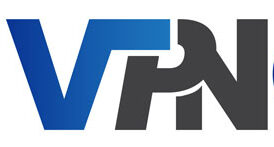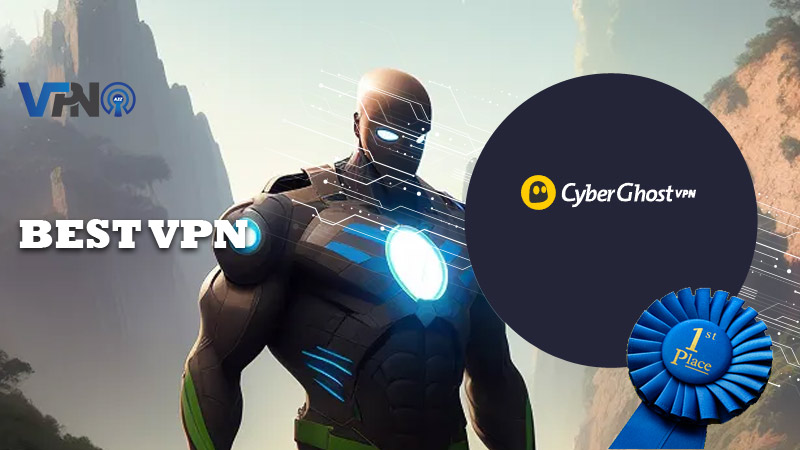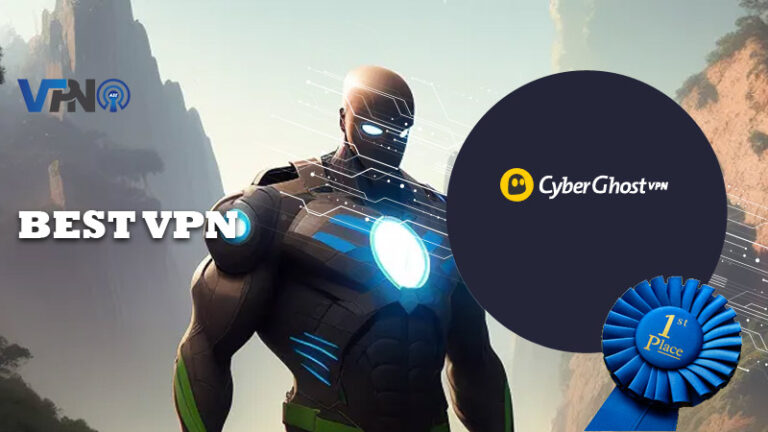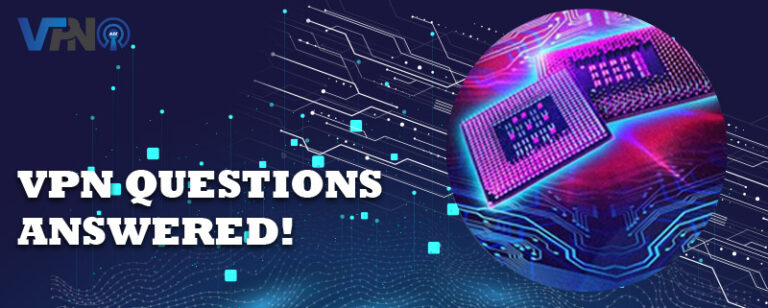VPNs Help Florida Families Surf Safely
Surfing is a fun and relaxing sport, but it can also be dangerous. It is important to know your skills, the environment, and surf etiquette to stay safe.

2. PIA - Ton of servers world wide, but especially great in United States.***

3. NordVPN - The bigger the better! A great choice everywhere!***

4. ExpressVPN - Trusted by millions in over 180 countries!***

5. SurfShark - Amazing deal right now!***

6. PrivadoVPN - Exclusive deal - Cheapest 1 year deal online - ONLY through this link***

*** Offers money-back guarantee. So try them risk free!
A VPN can protect your family’s devices when using public Wi-Fi. A good VPN will use encryption to prevent data from being intercepted by unauthorized individuals.
Protects Your Family’s Privacy
When you use a VPN, your data is encrypted and scrambled. This means that when you connect to the internet, hackers and others can’t read what you’re browsing, buying or downloading. Even your local ISP and private companies can’t see what you’re doing on the internet when you use a VPN. Instead of your IP address, they’ll see the IP address of your VPN provider’s servers, which they can’t tie back to your device.
When your family uses a VPN, you can surf the web without leaving behind any digital footprints. For example, let’s say you log into your online bank account to pay a bill while you’re on public Wi-Fi in your favorite coffee shop. Without a VPN, this leaves your information vulnerable to hackers and cybercriminals who could steal passwords, payment information, personal details and more. A VPN keeps your data safe by protecting you from snoopers on public networks and preventing ISPs from selling your browsing history.
You’ll also find that using a VPN helps protect your privacy from apps and websites that track your data. This includes those that use your behavior to tailor in-app ads and content. For example, if you search for information about a medical condition, the website might start showing you targeted ads about treatments for that disease. This can be annoying and invasive. A VPN can stop apps and websites from attributing your behavior to you, so you’ll have more control over your privacy.
A VPN can also protect your privacy when you’re traveling abroad. By connecting to a server in your home country, you can access content that would otherwise be unavailable, such as streaming services and TV shows. This is important because censorship and restrictions are common in some countries. A VPN can help you get around these obstacles to enjoy your favorite shows, movies and music from the comfort of your hotel room.
Some content providers won’t allow you to download or stream their content if they detect that your IP is from another country. This is a problem because it can limit what you can access on your device. A VPN can fix this problem by connecting to a server in the country where you want to watch or download.
Unblocks Blocked Content
Whether they’re at work or school, families often encounter blocked websites. While there are many ways to bypass network restrictions – including free proxies, Tor, and Google Translate – VPNs offer the most robust unblocking capabilities, while still protecting your privacy.
When you use a VPN to access blocked content, your device connects to a server in a different country. Because the VPN encrypts your connection and masks your real location, blocking systems take the server location into account instead of your actual IP address. For example, if a website is blocked on your school or workplace Wi-Fi, you can connect to a VPN server located in the US or UK and visit the site to get around the block.
While you can unblock apps on desktops and laptops with a VPN, the process is slightly different for mobile devices. Many apps have verification and region checks that can be bypassed by using a VPN, but they’re usually much harder to unblock on a mobile device. Luckily, there are several VPNs with mobile-friendly apps that can unblock apps on both Android and iOS devices.
When looking for a VPN to unblock blocked sites and apps, look for a provider with plenty of servers in the countries you want to access content from. NordVPN and Surfshark both have large server networks, while ExpressVPN offers a quick connection speed and a generous money-back guarantee. All of these VPNs also provide obfuscation, making it nearly impossible for your ISP to detect the fact that you’re using a VPN.
Some VPNs even go the extra mile, employing advanced methods of obfuscation to prevent blocking by sophisticated censorship systems. NordVPN, for example, has specialty “unblocker” servers that can overcome the most sophisticated content blocks. Similarly, Surfshark uses blanket obfuscation on all of its servers to avoid blocking by sites that use anti-VPN methods.
Secures Public Wi-Fi
Public Wi-Fi is convenient when we’re at restaurants, airports or on the go, but it also comes with a lot of risks. If you’re not using a VPN, it’s easy for cybercriminals to intercept your online data and steal your personal information, such as passwords or private conversations. This is because most public networks aren’t secured with encryption, which allows anyone on the network to see your activity. A VPN uses advanced encryption to make your traffic unreadable for anyone trying to spy on you.
In addition, some public Wi-Fi providers share your digital data with advertisers and governmental agencies without your knowledge or consent. This can lead to identity theft and fraud. The more information that hackers have about you, the easier it is for them to target you with their scams. VPNs stop these snoopers from getting your data, which makes you harder prey for hackers and fraudsters.
With a VPN, you can avoid getting hit with data throttling by your Internet Service Provider when you’re on the go. This happens when you’ve used up a certain amount of your data plan and they begin to slow down your speed. A VPN can stop this by masking your IP address and making it look like you’re connecting from a different location.
Finally, a VPN can help you avoid price discrimination, which is the practice of charging different prices for the same product based on your online browsing habits and assumptions about your socioeconomic status. This is another issue that can arise when you’re surfing on public Wi-Fi, since it’s easy for websites to assume that you’re a high-income person. With a VPN, you can avoid this by changing your IP address to one from a different country.
The benefits of a VPN are many and varied, but if you’re on the move frequently, it’s one of the smartest tools you can use to protect your privacy and keep yourself safe when browsing online. If you’re looking for a VPN provider with excellent encryption, fast servers and comprehensive features, try Surfshark. It offers top-tier AES 256 GCM encryption, which is more secure than most other options on the market.



